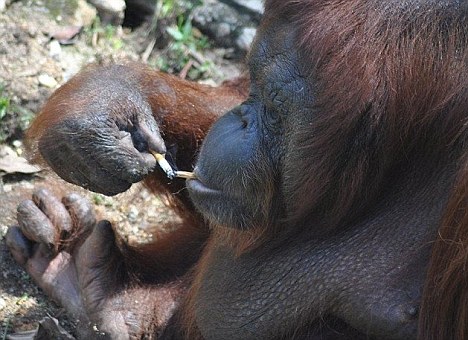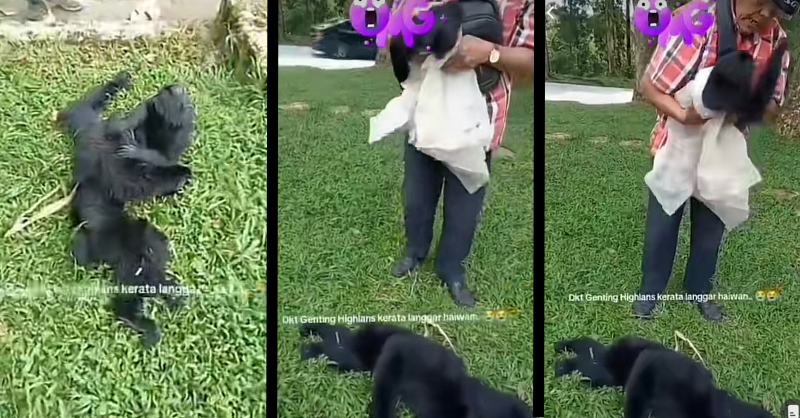Once rescued in West Malaysia, 30% of endangered animals die in captivity. But WHY?

- 3.8KShares
- Facebook3.7K
- Twitter4
- LinkedIn10
- Email12
- WhatsApp29
[Update 3/7/2017, 12.50p.m : Sorry, we’ve made a mistake about the location of the situation. It happened at the West Malaysia instead of the East Malaysia. We truly apologize for this mistake.]
Recently, The Star wrote a story about thousands of rescued animals that died under Perhilitan’s care due to poor mishandling. It was on the front page of the newspaper, showing a heartbreaking image of a baby orangutan which seemed to be dead in the basket. The news ‘exposed’ by a group of authors on the state of wildlife has brought to light what most conservation NGOs already suspected…
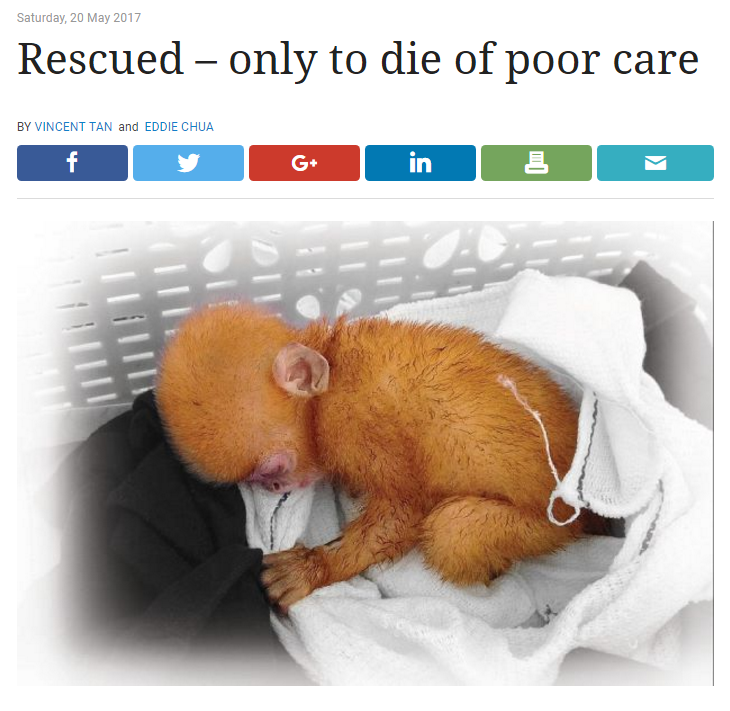
OMG SO POOR THING! Why? How? T.T
Exotic animals die from malnutrition, loneliness and stress 🙁
Over thousands of wild animals seized by Perhilitan have died under their care for the past year. THOUSANDS. Walauweh, such a big number?? But turns out, from our research, this is common in the exotic animal trade. Bearing in mind these are animals that have been already RESCUED by the authorities and are no longer under illegal poachers. So you would think they would be ‘safe’ already…right?
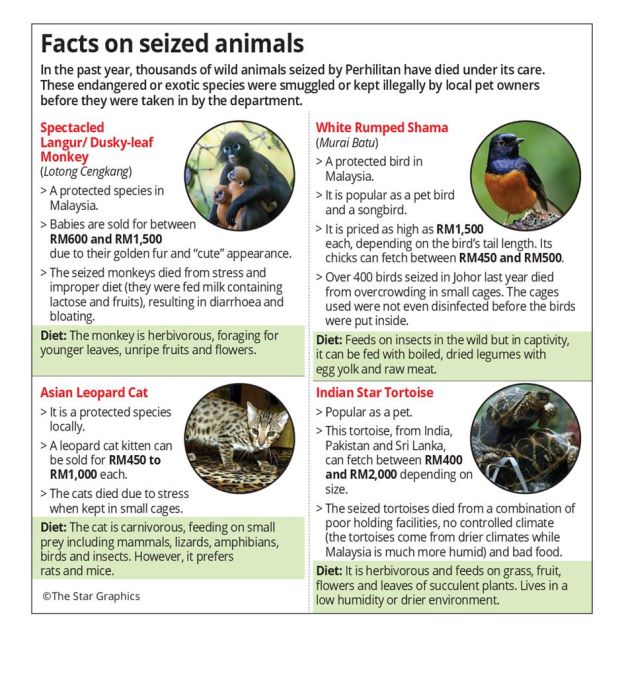
What happens is the animals suffer from malnutrition, loneliness, and the overwhelming stress of confinement in an unnatural and uncomfortable environment. A source from The Star said exotic species can get sensitive and stressed easily from captivity and being transported in unsuitable containers. Heck that could affect any one of us humans too. It turns out that…
“Other endangered animals had little chance to live before they were raided. An average of between 25% and 30% of the seized animals died as these animals had suffered injury or contracted diseases while being moved from place to place. ” – a spokesman from Perhilitan, quoted from The Star
However, WWF points out something worse. Animals may have been mistreated during the journey in containers.
“The animals are handled, stored and prepared for long shipment times through various means – air, land and sea travel. This would mean the animals may have also been drugged to be kept silent.” – Dato Dr. Sharma, Executive Director/CEO WWF-Malaysia, WWF.org.my
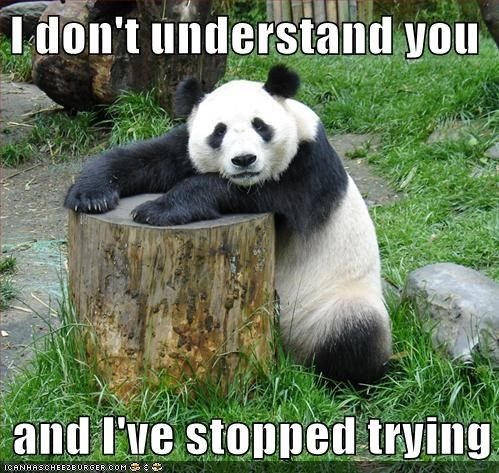
A former veterinarian who exposed this issue pointed out that Perhilitan rangers have NO experience handling these exotic animals at all. Many don’t even have the basic knowledge such as the characteristics or even diet of these species. 🙁
“They are not well trained to handle these species or have little technical expertise to take care of the animals, which are kept at the centres while waiting to be repatriated to their country of origin.” – former Perhilitan vet told The Star
If Perhilitan is aware that exotic animals need proper care and facilities, shouldn’t they do something to improve the situation? As far as we know, Perhilitan hasn’t released any official statement regarding this situation. They have only responded to emails from news outlets.
So, who is Perhilitan and are they neglecting these animals?
Perhilitan is a gomen organization tasked to oversee the protection and conservation of wildlife and national parks in Malaysia. Besides rescuing them, Perhilitan officers and rangers raid wildlife smugglers who secretly sell endangered wildlife. Illegal smugglers are then punished under the Wildlife Conservation Act 2010 that is provided to protect the wildlife in Malaysia.
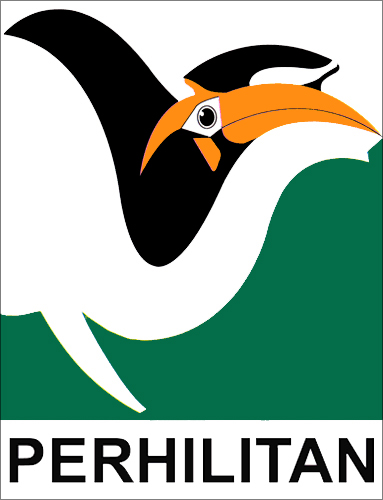
Perhilitan has always been known to the public for busting exotic species worth over thousands to international smugglers. And now because of the recent controversy, people are starting to question Perhilitan’s capability of handling animals.

And just last year, the Director-General of Perhilitan spoke to The Star about his plans to outwit smugglers and keeping wildlife safe.

HOWEVER, there were not any plans mentioned for proper budgeting of facilities and resources. Instead, Abdul Kadir Hashim’s No.1 agenda is to step up enforcement and foster closer collaboration among government agencies, Ministries and NGOs.
But… the LACK of resources within Perhilitan is already a major problem for the rangers to do their jobs because of the lack of proper training and facilities. There seems to be an over-emphasis of enforcement, in targeting animal traffickers and punishments but little emphasis on the well-being of exotic species that are being taken in by Perhilitan. Aiyo, susah-susah rescue them but in the end they also die. Isn’t that defeating the purpose of their rescue then?
Surprisingly, Perhilitan is not the only agency in the world facing this issue. Turns out that…
Poor handling of exotic animals happens in other countries too. But why?

The United States suffers the same problem with the lack of resources too. In some states, they are no officers to watch out for the trade. With the lack of inspectors for US Fish and Wildlife Service (FWS), they are only able to inspect 25% of wildlife shipments. Most of the regulations are poorly enforced are designed to protect humans from disease rather than ensuring that animals are handled humanely.
From an Asia-based survey that was done by WWF, 530 rangers were surveyed for the inadequacy of support from governments to enable them to do their jobs safely. The results shown were quite shocking:
- 74% of rangers felt they were ill-equipped
- 48% admitted they lacked adequate training
It is hoped that this data set will influence and improve government policy towards rangers and their working conditions. The WWF Enforcement Specialist stated that rangers are often at great risk to their lives when it comes to protecting wildlife.
“These dedicated individuals should have the capacity and resources to do their jobs because their contribution is critical for the future of wildlife.” – Rohit Singh, WWF Enforcement Specialist
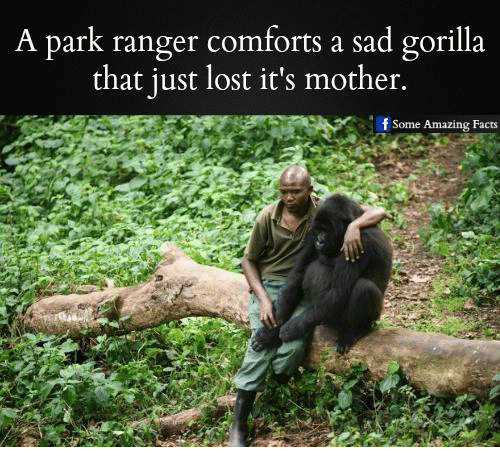
So, now we know that this is a serious problem concerning budget and the efficiency of staff. So, then…
What actions can be done to increase the efficiency of Perhilitan?
WWF has suggested setting up a welfare centre to place the rescued animals which could help to reduce the mortality rate. It is because every department handles different wildlife at different times which results in limited facilities and manpower to handle the animals.
“An independent wildlife centre would allow seized wildlife to be professionally looked after. It would also be responsible for rehabilitating some of the local seized animals to be released back into the wild.” – Datuk Dr. Dionysius Sharma, CEO of WWF-Malaysia spoke to The Star

A conservationist from Kulim wrote a suggestion list to the media after the controversy. One suggestion was to give Perhilitan adequate funding so that the current centres can provide proper shelter, sustenance and veterinary assistance.
Currently, there is no such centre BUT if funds are available, it could be established with the help of NGOs involved in wildlife conservation.
This person added that the mindset of Perhilitan needs to change from prosecution to protection – that is to stop focusing on prosecuting criminals involved in the illegal wildlife trade only, and start protecting the animals that are rescued from these rings. Their contribution to protecting the wildlife is crucial. Vets and rangers should have necessary tools and training to do their job safely and successfully.
While this issue may revolve around Perhilitan and the inadequate resources that they have, the average Malaysian should also be educated about the lives of these endangered animals so that we stop contributing to the illegal exotic animal trade. If we stopped buying bear bile, tiger bone wine, and so on, poachers will stop hunting the animals and they wouldn’t be taken from their original habitats in the first place.
Other than the good work from Perhilitan, there are various conservation groups like Friends of the Orangutans, Clean Malaysia, Malaysian Friends of the Animals that are proactive and accountable. For now, let’s hope that the misery of the ‘saved wildlife’ will never happen again.
- 3.8KShares
- Facebook3.7K
- Twitter4
- LinkedIn10
- Email12
- WhatsApp29


